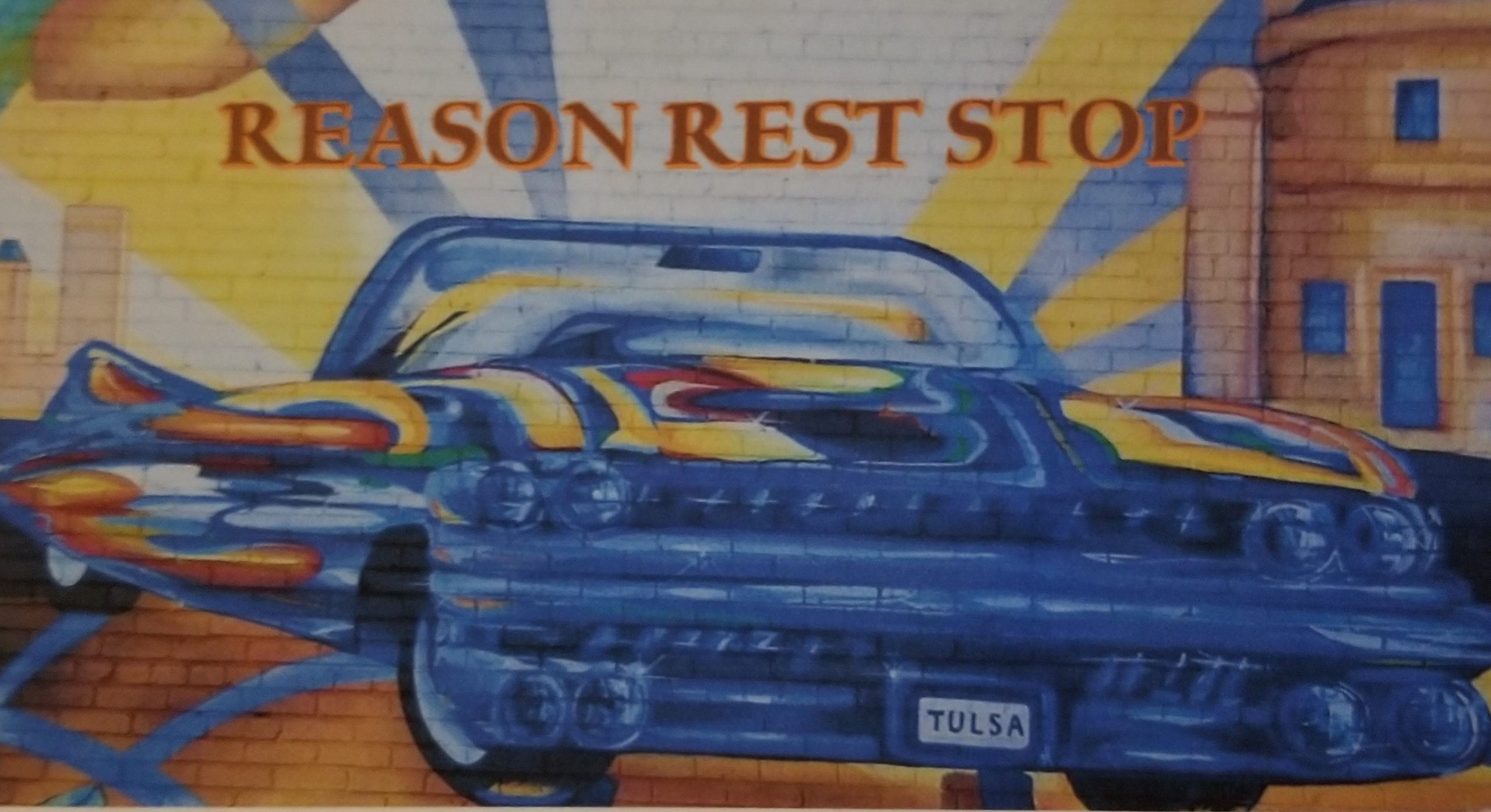“Never, never, never give up!”—–Sir Winston Churchill
I recall reading a fair amount about Winston Churchill in my secondary and post secondary history courses but most of the information contained in the required readings dealt more with his statesman’s acts as Britain’s Prime Minister and his dealings with Presidents Roosevelt and Truman. I do not recall any of those readings delving into the actual life of the man beyond his demographics, education, military and government service. Director Joe Wright and screenwriter Anthony McCarten have teamed to create an excellent political drama about the crisis days of May 1940 in their film Darkest Hour. In their depiction of the British Parliament’s process of selecting a wartime leader, actor Gary Oldman masterfully brings to life in amazing detail the daily travails of a flawed politician with a less-than-stellar track record who steps up when called to lead a beaten down nation. The lead actor’s make-up team as well as his performance make this film worthy of all “Best Picture” accolades as I’m sure made it seem like the old Bulldog who saved Britain was back for a short visit.
This film was among the Christmas week new releases being screened at Tulsa’s Circle Cinema. The Circle was the perfect venue to spend a quiet Christmas Eve.
As alluded to above, the historic backdrop of the story are the events of May 1940. Hitler’s Wehrmacht, which has already conquered Poland, annexed Czechoslovakia and Austria, is marching through the soon-to-capitulate nations of Holland and Belgium with the intent of taking France by force of arms. Some 300,000 Allied troops, mostly British, are surrounded at the French port of Dunkirk with no means of evacuation. The film’s opening scene shows a contentious speech by the opposition party in the House of Commons demanding the resignation of Prime Minister Neville Chamberlain. There is no mistaking the pervading acceptance that Chamberlain’s policy of appeasement has clearly failed and the nation must be put on a wartime footing. Despite Mr. Chamberlain’s popularity, even his friends and own party members realize he is done. It was duly noted that Mr. Churchill was absent from this particular session to, as a friend stated, “not to have his fingerprints on the murder weapon.” It wasn’t like Parliament had a lot of choices to replace the discredited and ailing (with cancer) Chamberlain. One other thing that stood out was a seemingly ubiquitous air of defeatism among the members of Parliament. The most viable alternative to the leadership of Mr. Churchill was the Viscount Halifax portrayed by Stephen Dillane, who was shown to work quietly to lay the groundwork via Italy’s Mussolini for a brokered truce with Hitler. Mr. Churchill’s acceptance of King George VI’s request to assume the post of PM and his subsequent acceptance fortunately circumvented such a specter and its consequences.
“I have nothing to offer but blood, toil, tears and sweat.”—Sir Winston Churchill
More than the historic perspective, Wright and McCarten capture the deep sense of fear and consternation of the governing class. It helps a great deal that Oldman’s performance gives a vivid glimpse into the day to day, hour to hour life of a chain cigar smoking functional alcoholic that was Winston Churchill. I am curious as to how much research Mr. Oldman had to do to properly prepare for this role. As it is with most such older professionals who are set in their ways, the cruelty Churchill displayed to his novice assistant was disgustingly juvenile and self serving. In spite of all his shortcomings, Churchill knew what had to be done in spite of the odds and refusing to compromise with defeatism was only the beginning. Winning the confidence of so many rivals and critics who recalled all too well the abject failure of his Gallipoli campaign in the first war was his first victory of the second war.
“You cannot negotiate with a tiger when your head is in its mouth!”—–Sir Winston Churchill
Overall, this was a very well done and nicely polished biopic of a respected figure whose huge contribution to the success and ultimate victory of the Allies made most critics forget his worst failures. The history it depicts is accurate and all period attire and properties are appropriate. Toward the end of the credits there is a disclaimer regarding the tobacco use in the film:
“The depictions of tobacco smoking contained in this film are based solely on artistic consideration and are not intended to promote tobacco consumption. The surgeon general has determined that there are serious health risks associated with smoking and with secondhand smoke.”
This disclaimer has drawn the ire of at least one publication.
In a larger sense, Darkest Hour offers a few useful take-home messages. Its historic backdrop helps serve as a grim reminder of the penalty of appeasement with evil and failing to maintain military readiness. Its main character underscores the notion that a leader need not be perfect, just willing to be uncompromising in doing what needs to be done. From the crucible of this darkest hour a leader emerged with the wherewithal to bear the burden of a nation’s insecurities setting the stage for what would become its finest hour. My hat is off to the world class efforts of Mr. Wright, Mr. McCarten and Mr. Oldman.
I rate this film five out of five stars!
“History will be kind to me for I intend to write it.”—Sir Winston Churchill

